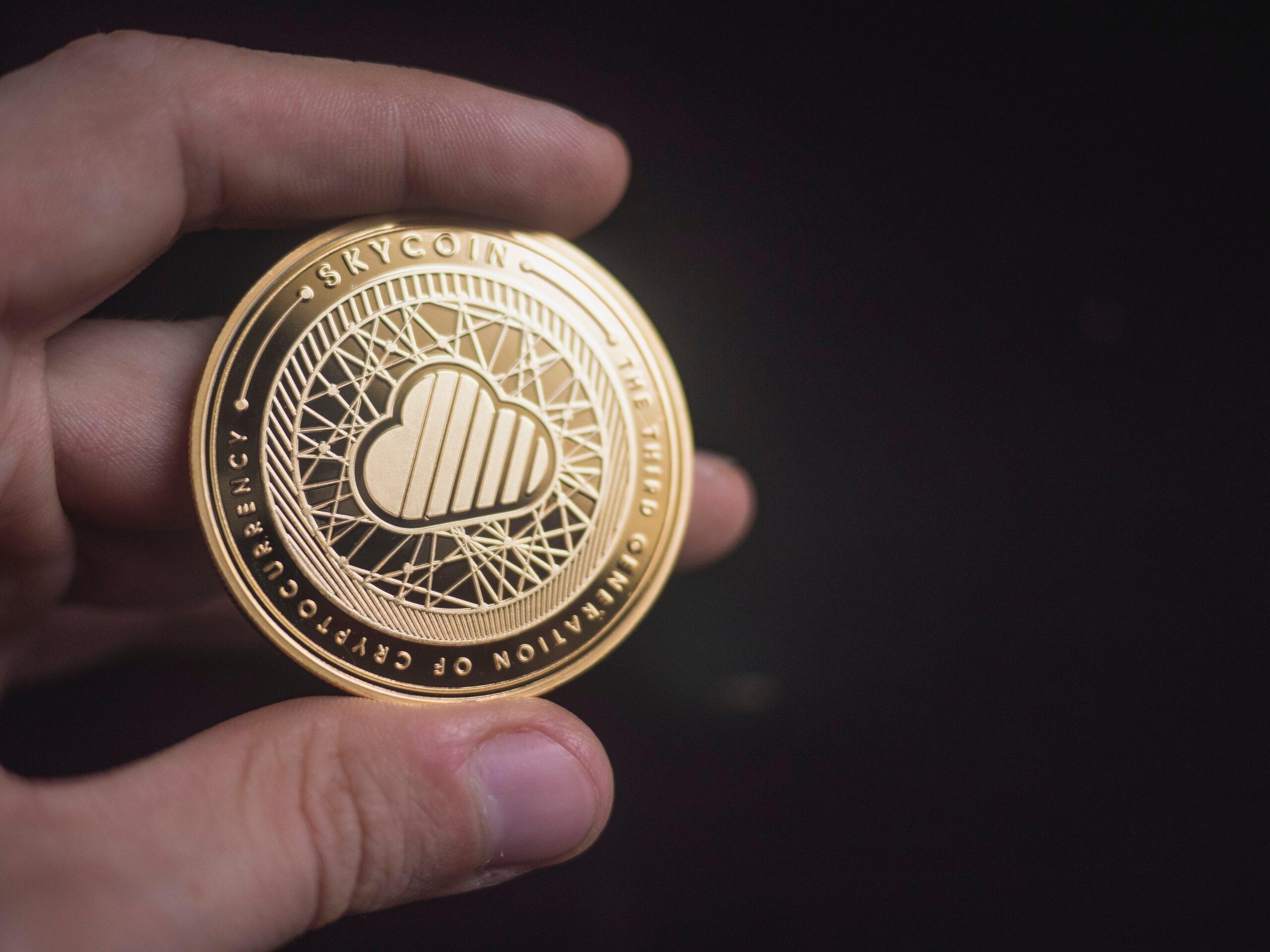Why is this task necessary at all? In fact, if everyone was always honest, she wouldn’t be needed. But imagine a situation where someone decides to spend their bitcoins twice. For example, I say to James and John at the same time, “Here’s your bitcoin.” And someone should check that this is possible. In this sense, miners do the job that banks are usually responsible for: they decide which transactions are allowed.
Of course, the miner can try to cheat the system by colluding with me. But an attempt to spend the same bitcoins twice will be immediately exposed, and other miners will refuse to update the blockchain. Thus, a malicious miner will spend resources on solving the problem, but will not receive a reward. Due to the complexity of the problem, the costs of solving it are high enough for that, so it is much more profitable for miners to adhere to the rules.
Alas, this mechanism is highly ineffective. And it would be much easier if data management could be entrusted to a third party (for example, a bank). But this is exactly what Satoshi Nakamoto, the notorious inventor of bitcoin, wanted to avoid. He considered banks to be a universal evil. After all, they can freeze or withdraw money from your account at any time. This is why he came up with Bitcoin.
And bitcoin works. The cryptocurrency ecosystem is growing and developing: according to the latest count, the number of digital currencies has exceeded 1,855 (as of February 2020, there are already more than 5,000 of them – approx. Transl.).
But at the same time, it cannot be said that bitcoin is a runaway success. Only a small percentage of stores accept digital currency, and for good reason. First of all, the payments themselves are very slow (sometimes the payment takes 9 minutes, but there were times when the transaction lasted 9 days!). The payment mechanism is very expensive (try it yourself – it is much easier to open a hard blister with scissors). And finally, the price of bitcoin itself is extremely volatile (it rose to € 17,000, fell to € 3000, then jumped to € 10,000 again …).
But worst of all, we are still far from the decentralized utopia that Nakamoto so dreamed of, namely the elimination of unnecessary “trusted” intermediaries. Ironically, there are only three mining pools (a mining pool is a large-scale concentration of mining computers located somewhere in Alaska or elsewhere far beyond the Arctic Circle), which are responsible for generating more than half of new bitcoins * (and, accordingly , for checking transactions).

